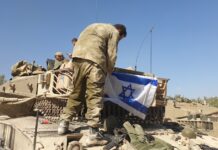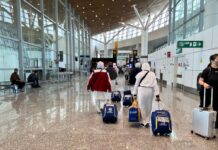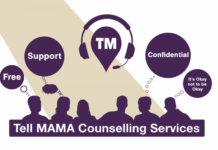A new survey by Muslim Census has revealed the devastating impact of the cost of living crisis on British Muslims.
Muslim Census surveyed 1,568 Muslims aged 18-65+ living in the UK to explore their experiences through the cost of living crisis since August 2021 and how this has impacted on various facets of their lives.
They found that:
- One in five British Muslims has used a food bank.
- More than half have experienced difficulty in paying at least one bill in the last year.
- 65% had to take out some form of debt to manage everyday costs and bills.
- Almost 1/3 had to miss a meal to afford their household bills.
- 84% have had to make changes to their lifestyle as a result of the crisis.
- 56% have seen an increase in rent or mortgage payments.
- Over 50% saw their savings decrease.
- Over 75% noted a detrimental impact on their mental health.
Testimonies of Muslims given to Muslim Census about their experiences through the first year of the cost of living crisis include:
“The cost of living crisis has personally changed how I feel about spending money on myself and treating myself. I almost feel guilty and worry about how it could get so much worse.”
“I don’t know where my tax is going. NHS is non-existent, public services and schools are overworked and underfunded yet I’m paying an extortionate amount of tax, it’s daylight robbery.”
“Islamic choices regarding mortgages and loans when interest rates are so high and the Islamic alternatives are often more expensive.”
Subscribe to our newsletter and stay updated on the latest news and updates from around the Muslim world!
“Very worried, and also worried about people who have less than me and my kids and how they will cope in the future.”
“My hope of owning a house on my own has now gone, I have two dependents who get no benefits and the cost of food/energy increasing – worried about my long-term financial management.”
Muslim Census says the British Muslim population sits at the intersection between low-income, working class and urban communities that have less liquid assets to absorb rising costs.
And with 50% of the Muslim population considered to be in poverty (compared to 18% of the national population), it is likely that the community is disproportionately represented in the poorest 10% of households.
The organisation commented: “It is worth noting that the crisis is far from over. This study has explored what could be just the early stages of the crisis with is expected to continue and its impacts to become more pronounced.
“Comprehensive and targeted change can only be accomplished through clear and precise data sets. With the data from this survey, Muslim Census aims to empower community changemakers and policymakers – from grassroots organisations to the national Government – in developing the initiatives to enact these changes.”























